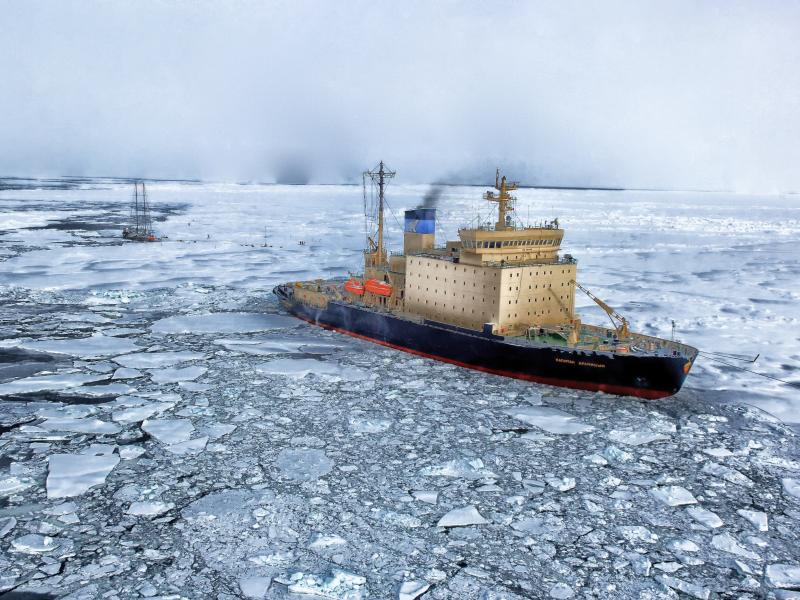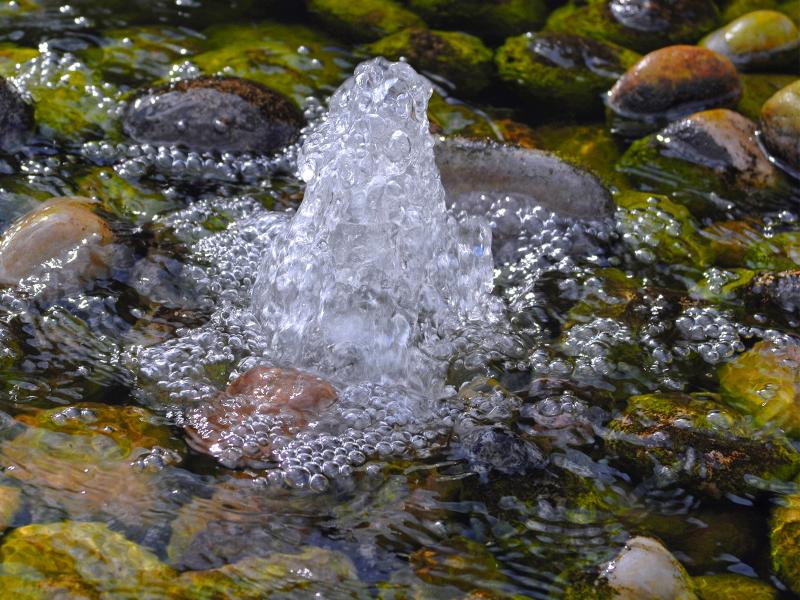
Global Change
Global Change
Photo by Emily Lau | U.S. Department of Energy
Global change research studies the complex interactions between human activities and natural systems, focusing on the impacts of environmental and management changes on the atmosphere, ecosystems, and society. It encompasses a range of disciplines, including atmospheric science, ecology, engineering, economics, and social sciences. Global change research focuses on understanding regional to global phenomena, such as supply of energy and agricultural goods, land use changes, and biodiversity loss. This interdisciplinary approach aims to develop a fundamental understanding of these coupled systems to improve predictions and inform decision-makers. This supports the development of strategies for addressing stressors, enhancing resilience to global change, and informing development strategies in the face of multiple global challenges.
Why Studying Global Change Matters
Studying global change is essential for making informed investment and planning decisions across various sectors, including energy systems, critical infrastructure, land use, and water conservation. Human-Earth system models are essential tools in this endeavor, enabling researchers to simulate and predict future changes under various scenarios. These models integrate natural and social sciences to understand how infrastructure, communities, and economies interact with environmental changes—both natural and human-induced.
Global Change Research at PNNL
At Pacific Northwest National Laboratory, researchers advance global change research using cutting-edge tools, such as models, data science, and decision support analysis. The Global Change Analysis Model is a central component of global change studies at Pacific Northwest National Laboratory. Led by the Joint Global Change Research Institute, this model offers a comprehensive framework to analyze the interplay between human systems and environmental change across multiple scales. This model integrates diverse components, including energy, agriculture, atmosphere, and water systems to project long-term impacts through 2100.
Integrated human–Earth system modeling is also used to facilitate our understanding of how economic and environmental systems influence each other—a key toolkit for multi-sector dynamics modeling. Global change researchers also emphasize decision support science, addressing barriers to effective decision-making. By facilitating stakeholder engagement and developing new datasets, this work enhances capacity to assess and respond to global change impacts, informing actions related to the reliability of human and natural systems. Researchers in this area aim to build the next generation of tools that enhance our ability to characterize uncertainty and provide actionable information to decision-makers

